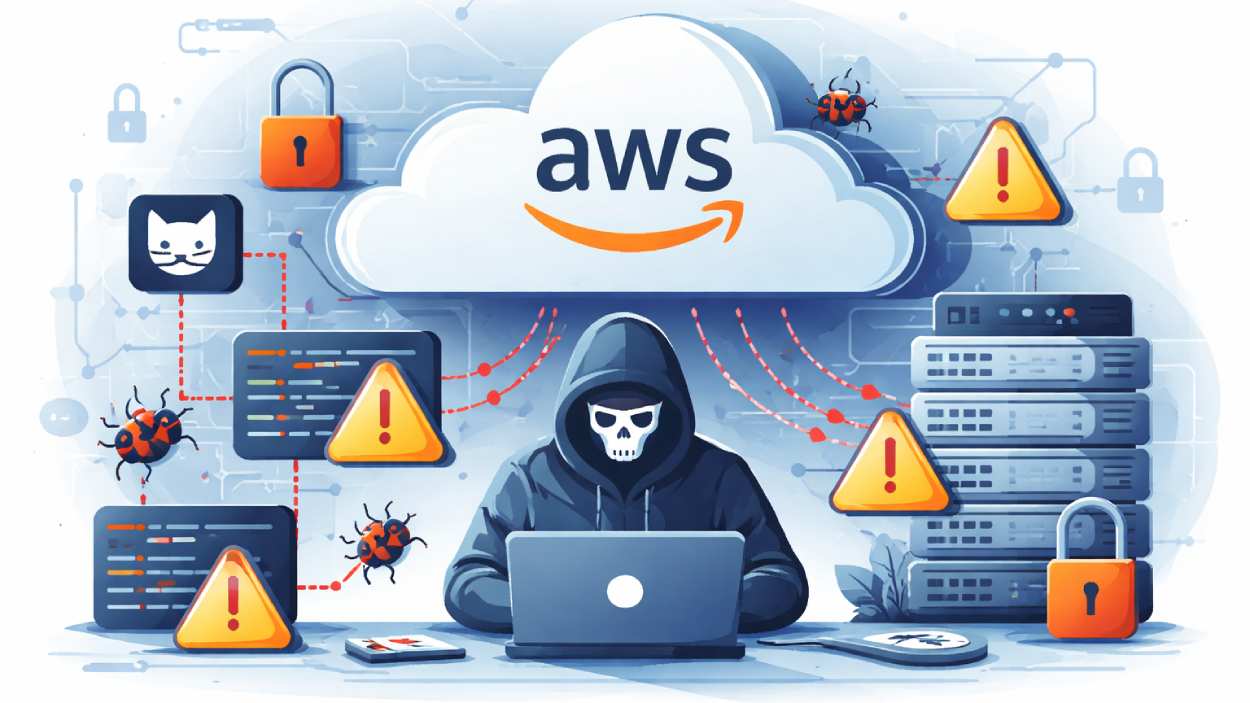A massive technical error at Paxos briefly inflated the supply of PayPal’s stablecoin PYUSD by an impossible $300 trillion before the mistake was swiftly corrected.
Quick Summary – TLDR:
- Paxos mistakenly minted $300 trillion worth of PYUSD due to an internal technical error.
- The error was detected and corrected within 20 minutes, with the excess tokens promptly burned.
- Customer funds remained safe, and Paxos emphasized there was no security breach.
- The incident has sparked debate over stablecoin risk management and regulatory oversight.
What Happened?
On October 15, at 3:12 PM EST, Paxos accidentally minted $300 trillion worth of PYUSD, PayPal’s dollar-backed stablecoin. The error occurred during an internal transfer process. Within 20 minutes, the entire amount was burned after Paxos’ monitoring systems flagged the issue.
Paxos confirmed the mistake in a post on X, stating, “This was an internal technical error. There is no security breach. Customer funds are safe. We have addressed the root cause.“
At 3:12 PM EST, Paxos mistakenly minted excess PYUSD as part of an internal transfer. Paxos immediately identified the error and burned the excess PYUSD.
— Paxos (@Paxos) October 15, 2025
This was an internal technical error. There is no security breach. Customer funds are safe. We have addressed the root…
A Momentary $300 Trillion Glitch
The $300 trillion mint briefly appeared on the Ethereum blockchain, leaving crypto watchers stunned. For context, this figure is over 2.5 times the global GDP and more than 100,000 times the current market cap of PYUSD, which stands at around $2.6 billion. Even more surprising, the minting transaction cost just $2.66 in gas fees.
Crypto Twitter exploded with jokes and memes, with some users quipping that the mint could pay off the U.S. national debt, currently around $37.8 trillion. Others, however, voiced serious concern that such a significant error could occur in the operations of a top stablecoin issuer.
Paxos Response and Damage Control
Paxos acted quickly. According to their statement, automated systems caught the error, and the excess PYUSD was immediately sent to a burn address. The company’s swift response highlighted the value of strong monitoring protocols and operational transparency in the stablecoin space.
“Certainly not a good look to get the decimals wrong when minting stables and not having procedures in place to catch that early,” said Gnosis founder Martin Köppelmann on X.
Though the tokens were burned promptly, the incident has reignited conversations about the risks involved in stablecoin infrastructure and automation.
Regulatory Implications and Public Scrutiny
This incident comes at a critical time for Paxos, which is reportedly seeking a national trust charter from the OCC under the new GENIUS Act. Amanda Fischer, Policy Director at Better Markets and former Chief of Staff to SEC Chair Gary Gensler, commented:
The event is likely to fuel further scrutiny from U.S. regulators, who have been tightening their grip on stablecoin issuers.
SQ Magazine Takeaway
I’ll be honest, minting $300 trillion worth of cryptocurrency by mistake is not a small glitch. In my experience watching crypto infrastructure grow, this kind of fat-finger moment is exactly what makes regulators nervous. It also highlights how fragile trust can be in the digital asset space. The good news? Paxos responded fast, took accountability, and reassured users. But let this be a reminder that even the most well-regulated entities need continuous checks and better automation safeguards.


































































